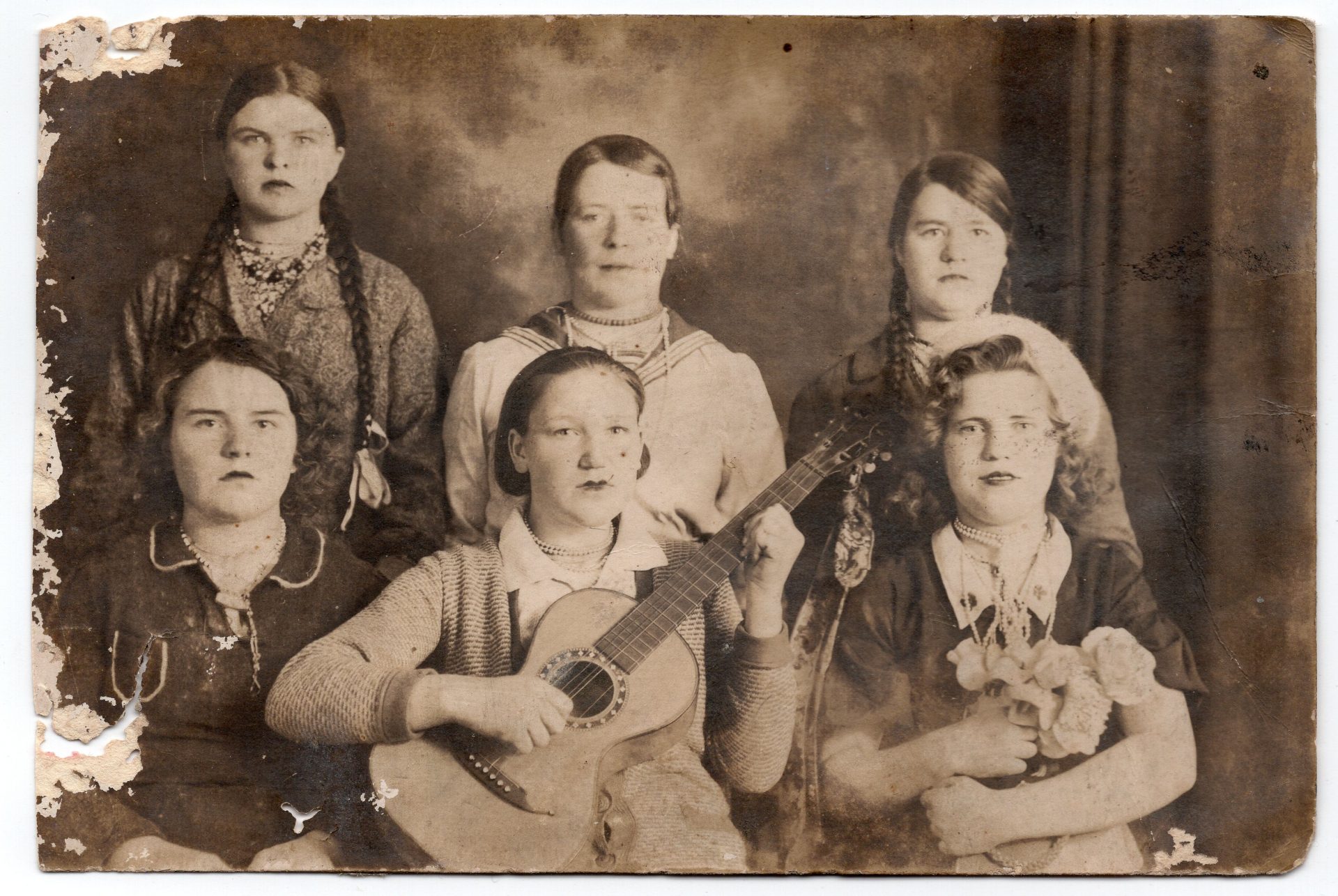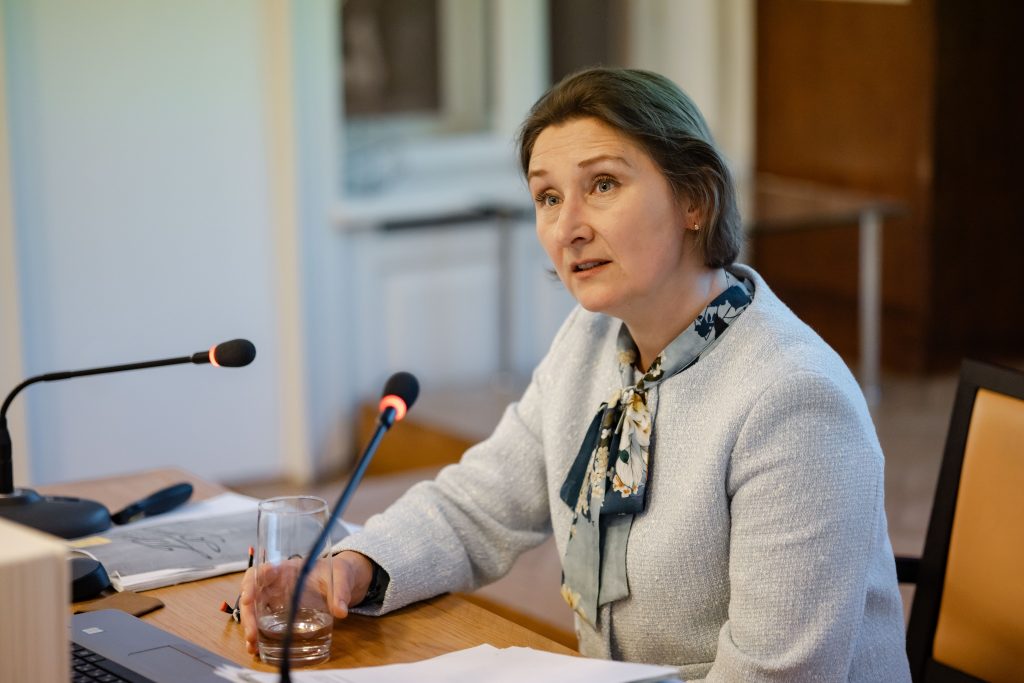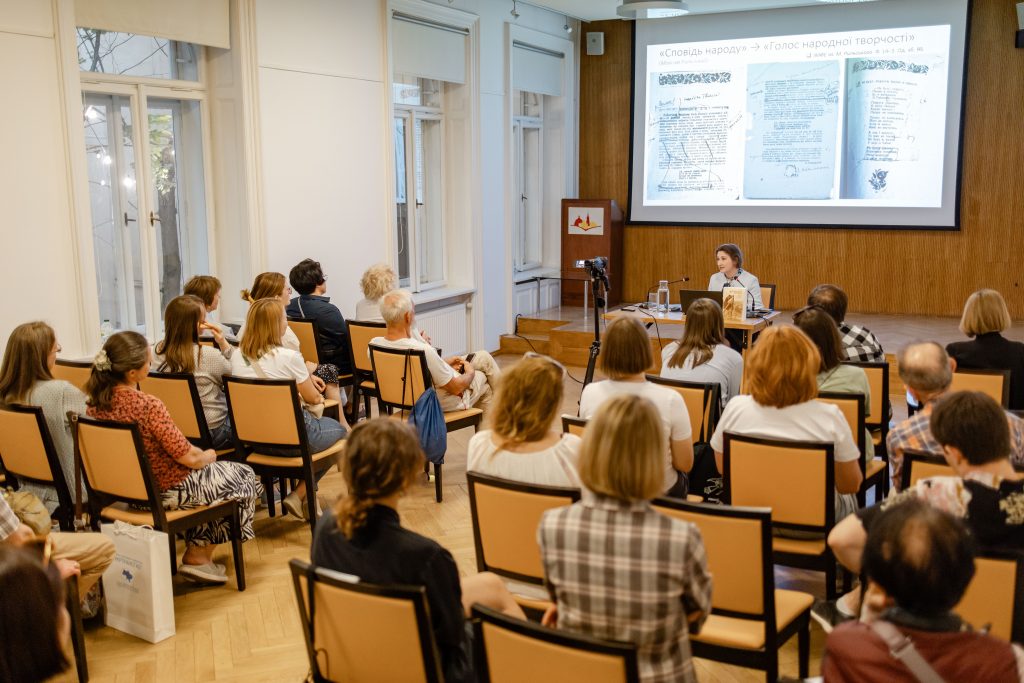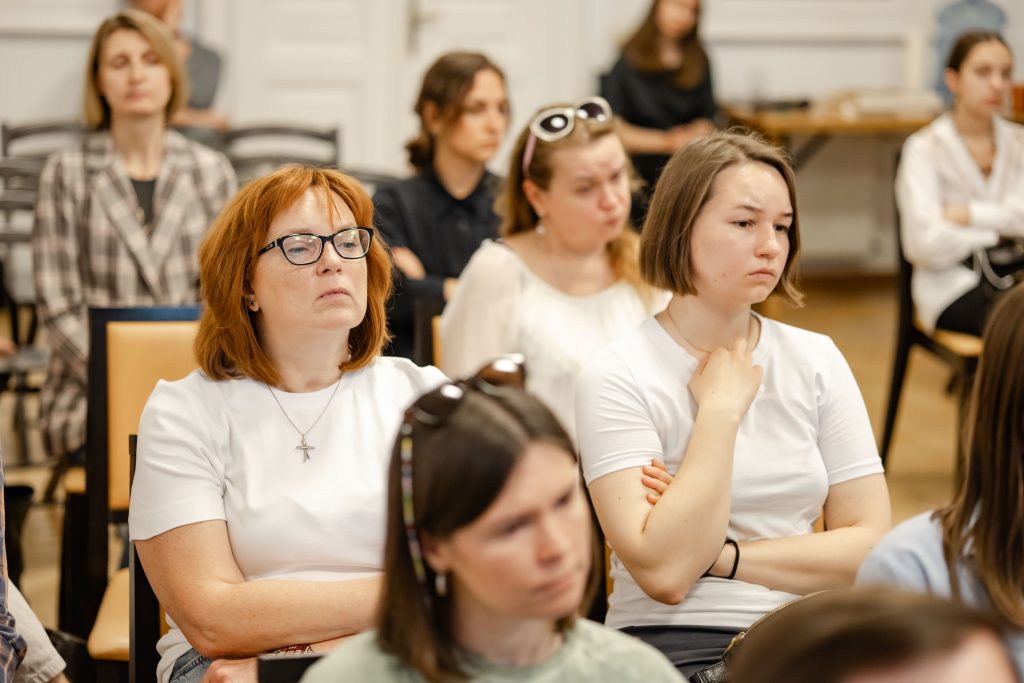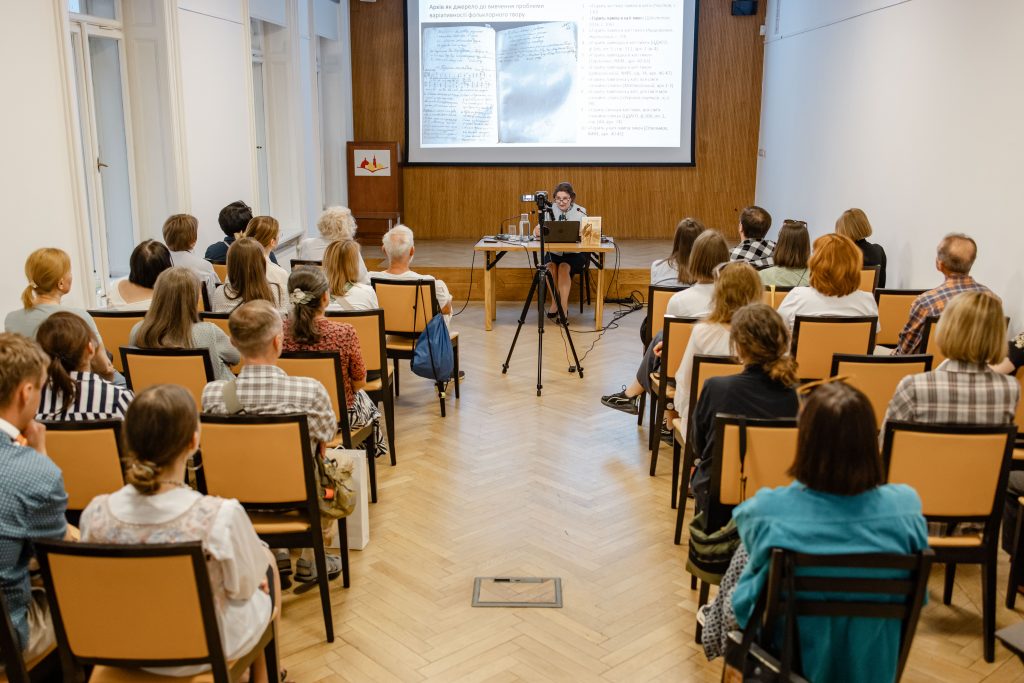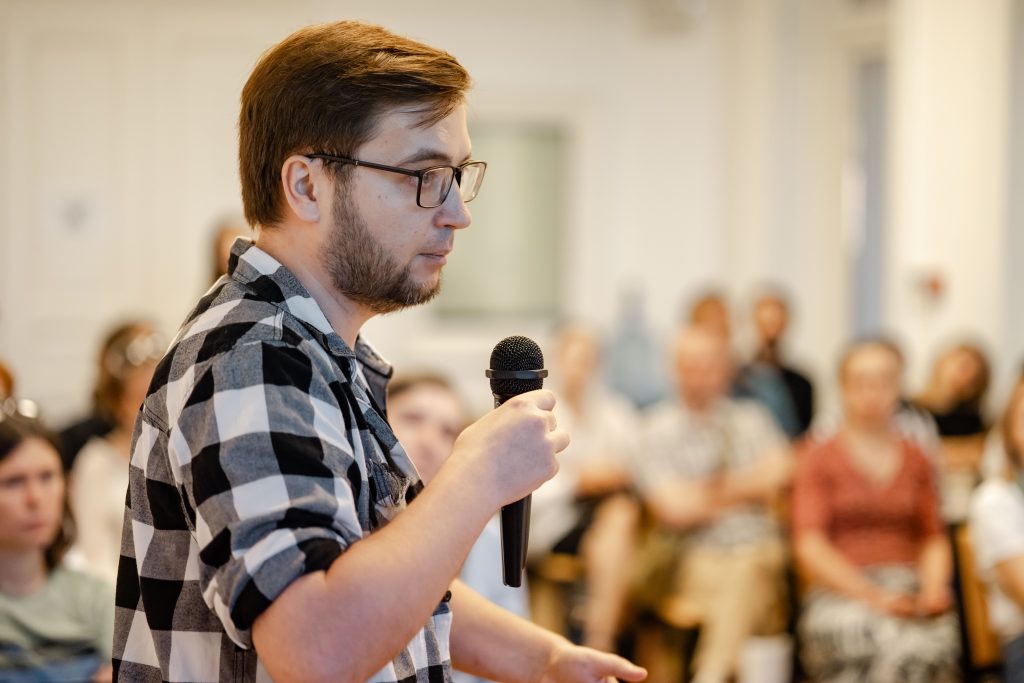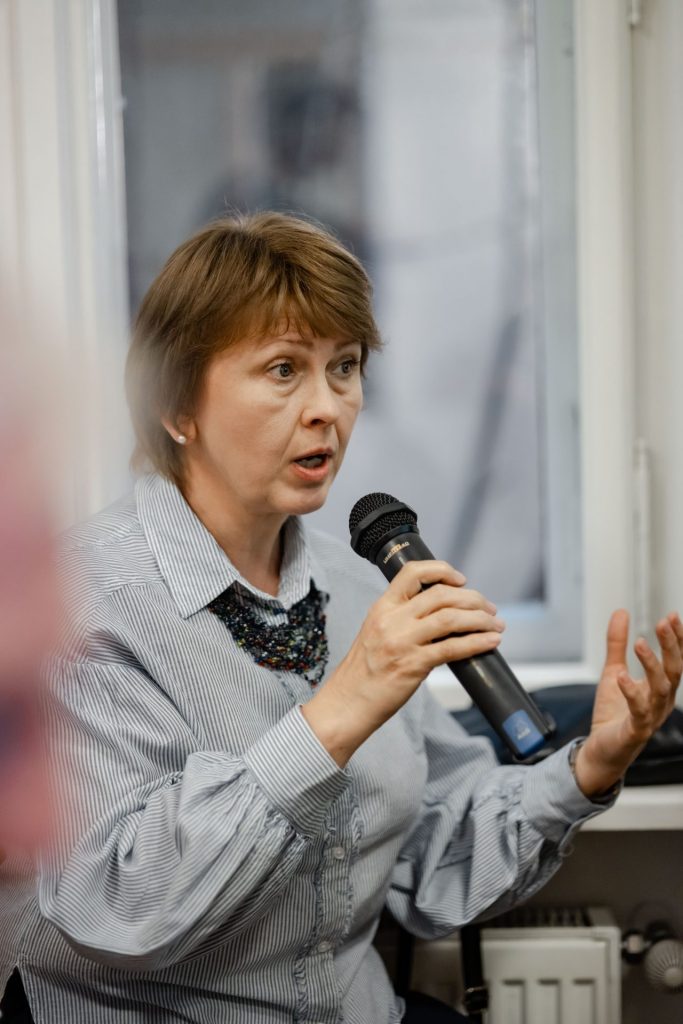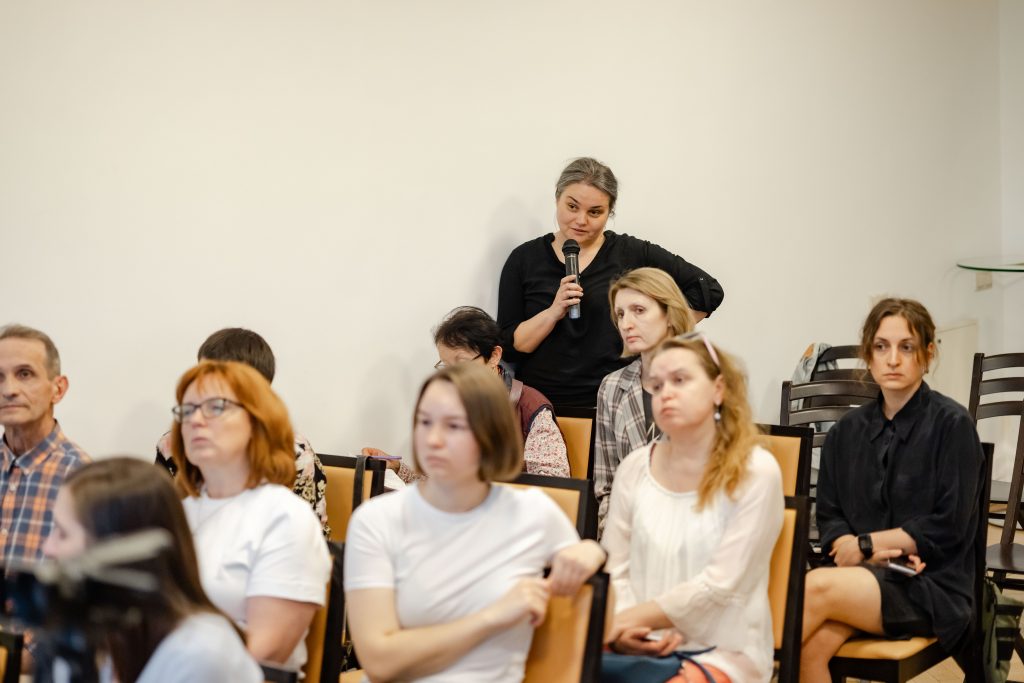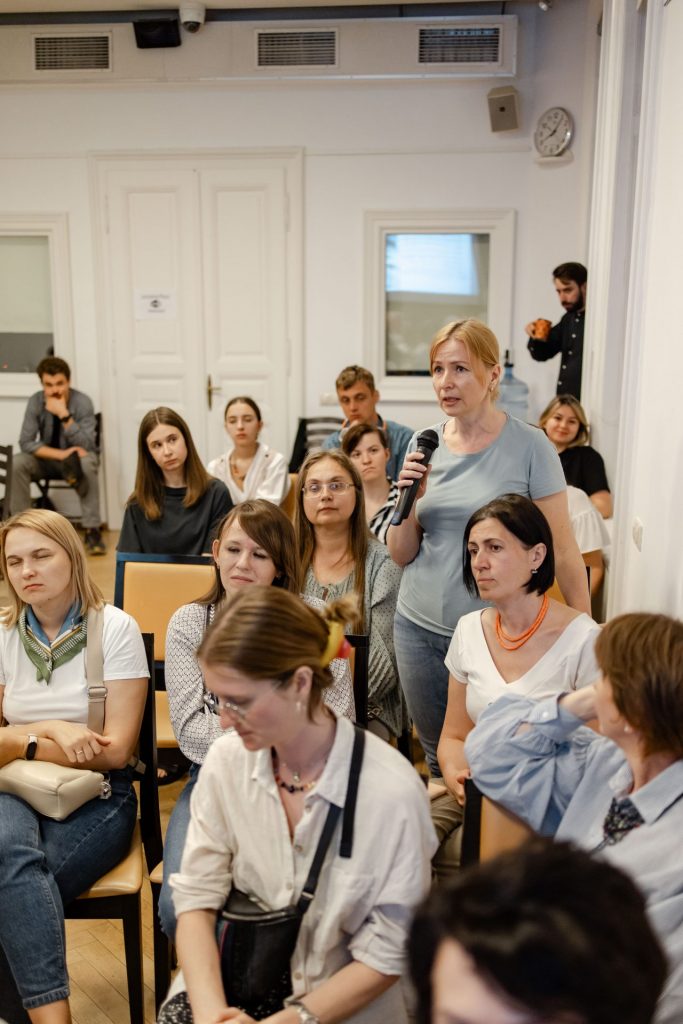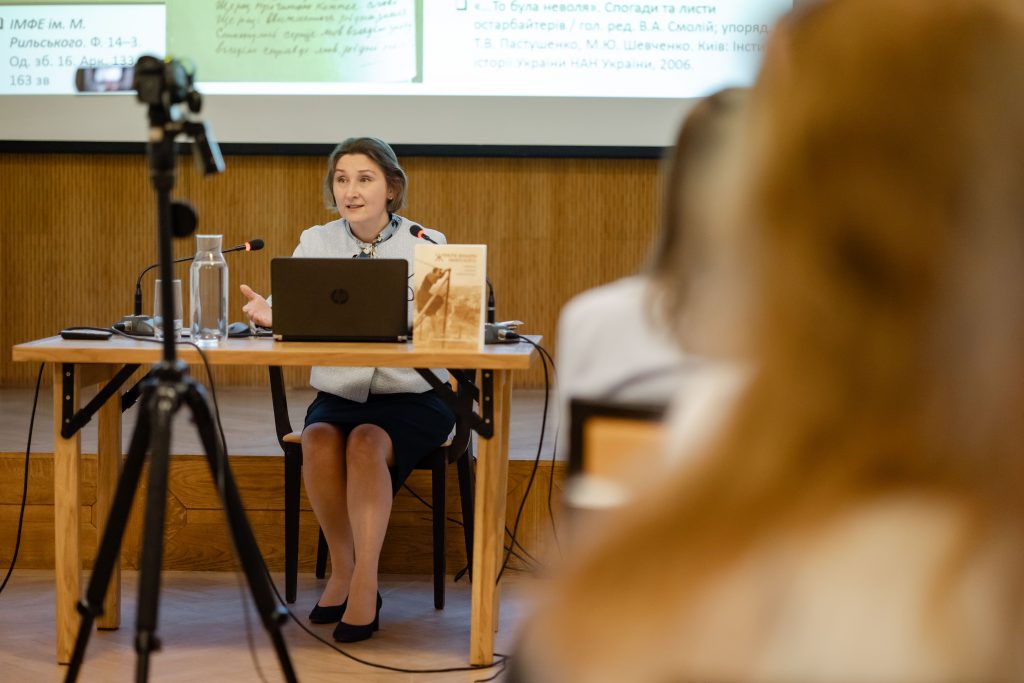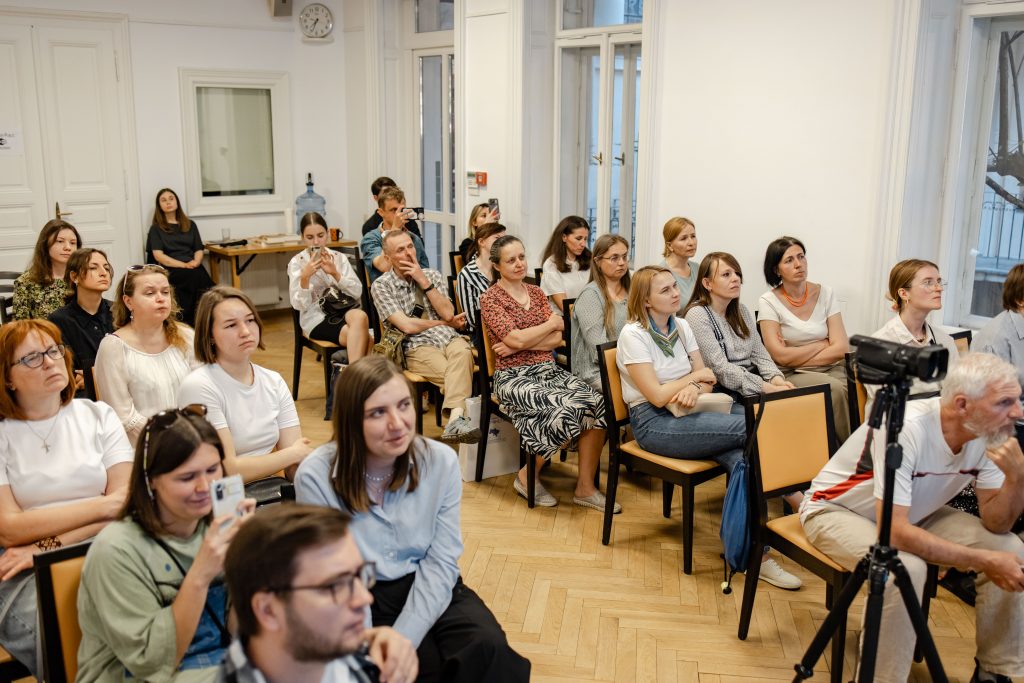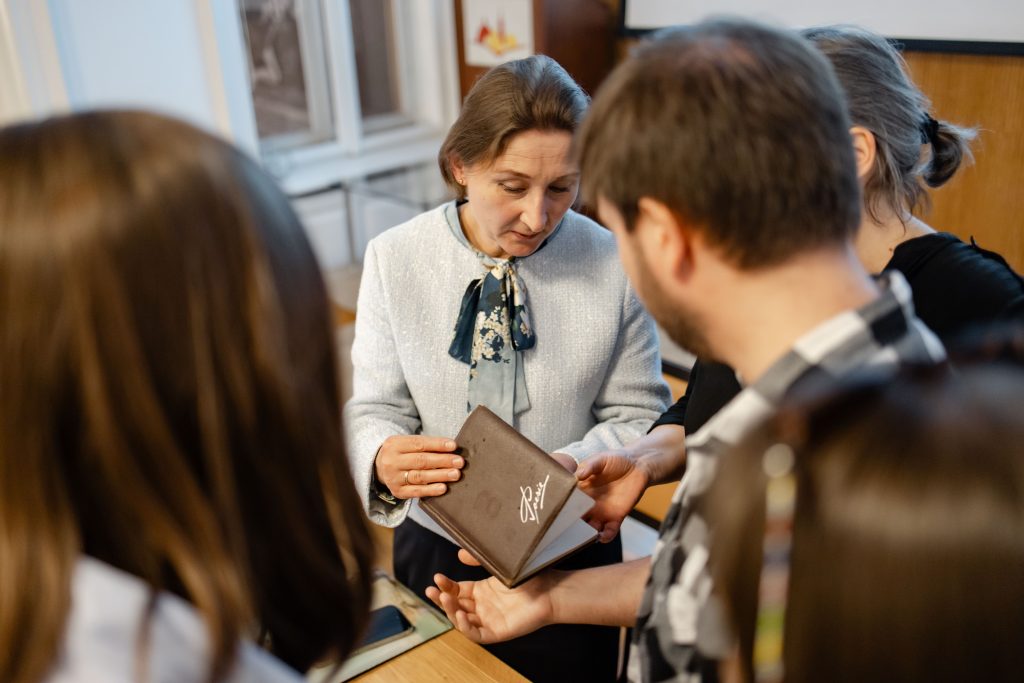"I Never Thought or Had a Dream of Being in Germany": Not Lost Melody or the Discovery of (In)Visible Folklore Archives
Dr. Oksana Kuzmenko
The Ethnology Institute of the National Academy of Sciences of Ukraine23.5.2024, 18:30
Conference Room of the Center for Urban History
We invite you to Oksana Kuzmenko's lecture "'I Never Thought or Had a Dream of Being in Germany': Not Lost Melody Or The Discovery of (In)Visible Folklore Archives," organized as part of the public program "Source as a Choice."
Can a historical source from the last century suddenly become a personal story and have socio-cultural significance? The answer to this question is definitely yes. In the lecture, we will focus on the sources stored in the archives of such institutions as the Rylsky Institute of Art Studies, Folklore and Ethnology, and The Ethnology Institute of the National Academy of Sciences of Ukraine, as well as the lecturer's personal archive. The materials represent one of the most interesting and still insufficiently studied aspects of folk art during the Second World War, namely "Ostarbeiter" folklore.
In her lecture, Oksana Kuzmenko will continue the conversation about the forced laborers of the Third Reich, whose history the researchers of various national and international projects once again draw attention to. For our analysis, we will use two types of sources: wartime handwritten albums/notebooks and their transcriptions from 1945-1946, and personal expedition audio recordings from fieldwork in 2001-2007, thus attempting to show how multigenre sources (songs, poems, memorial stories, diary records) can be valuable for constructing a holistic image of a person in captivity.
The lecture is organized around the following questions:
- What role did the song and poetry texts play in the lives of Ostarbeiters during and after the war? In what ways does the content of the "songs of captivity" resonate with the Ukrainian wartime present?
- How much do old documents reflect the lives, pain, and hopes of people who survived or experienced the war?
- What is the difference between wartime folk texts of songs and poetry and oral stories?
The lecturer will use the literature on ethnic stereotypes, emotions in culture, and folklore typology to propose one of the methods of studying war trauma and existential disruptions, which is based on the traditional poetic canon. This lecture will feature voices and melodies that remain the main evidence of (un)told stories.
Andrii Usach, a historian, will moderate the event.
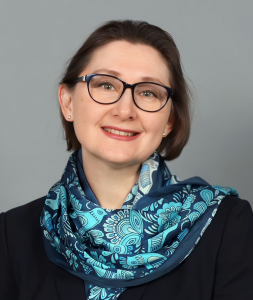
Dr. Oksana Kuzmenko
The Ethnology Institute of the National Academy of Sciences of UkraineLeading researcher at the Department of Social Anthropology of the Institute of Ethnology of the National Academy of Sciences of Ukraine, current member and head of the Ethnographic Commission of the National Academy of Sciences in Ukraine, and member of the Ukrainian Association of Oral Historians. She is a laureate of the Kolessa Filaret Prize of the National Academy of Sciences of Ukraine for her monograph “Dramatic Human Existence in Ukrainian Folklore: Conceptual Forms of Expression (the Period of the First and Second World Wars)” (2018). As a scholarship recipient of the J. Mianowski Foundation of the Polish Academy of Sciences, she was an intern at the University of Warsaw. She teaches the course “Anthropology of Culture” at the Ukrainian Catholic University. She is working on the research “A Man in Captivity: Constructing the Image of an Ostarbeiter in Ukrainian Folklore and Oral Culture.”
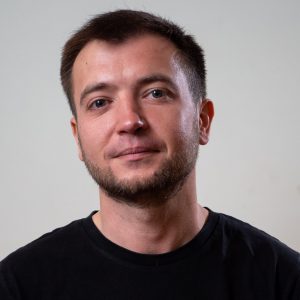
Andrii Usach
"After Silence" NGOHistorian and the head of the “After Silence” NGO. His research interests include the history of the Second World War, in particular the Holocaust and other national socialist crimes, oral history, and culture of remembrance.
This event is part of the public program for documenting the experience of violence and warfare, "Source as a Choice," organized by the Center for Urban History in cooperation with EHRI.
Credits
Cover Image: Forced laborers, Munich, from the collection of the NGO "After Silence" / archive index AS_1_162
Gallery: Bohdan Yemets
